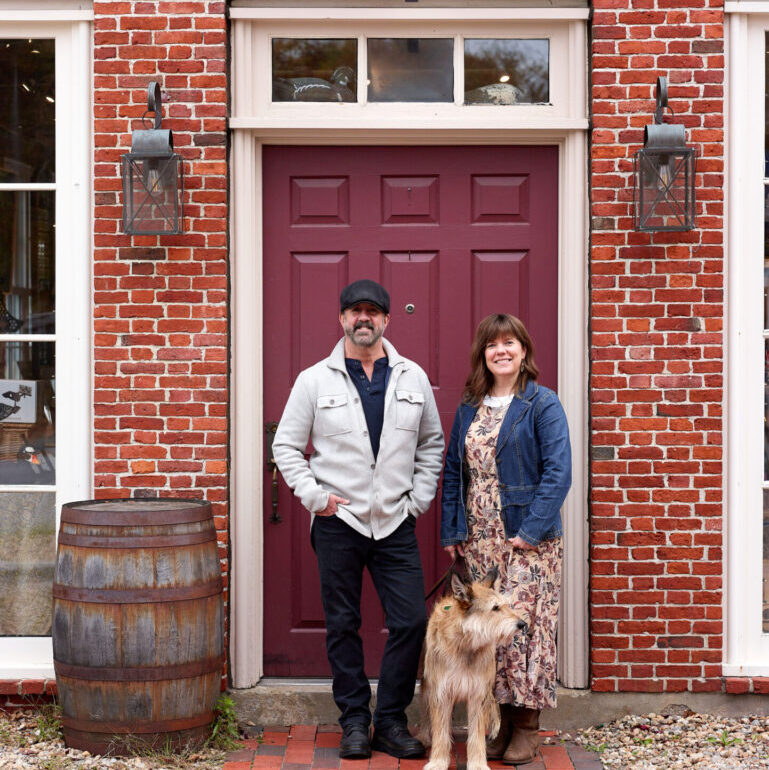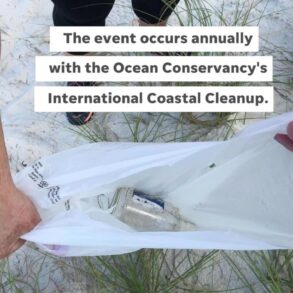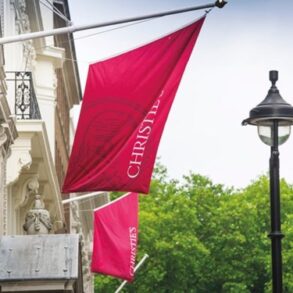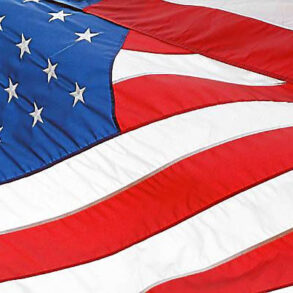Tucked down a little alleyway near the waterfront in Newburyport, New England Sketchbook feels less like a retail store and more like a museum. And Corey Prince, who owns the shop with his wife, Tammy, is more like a historian than a shopkeeper. “I want people to walk away with a story and a piece of history,” says Prince, who is deeply invested in every single item in the store. There’s even a story behind Penny, the shop’s French sheepherding dog. She is one of a breed that nearly went extinct during the World Wars, as they were so valuable to soldiers in the trenches.
Of course, the shop’s name also is rooted in history. Rather than merely describing an art supply shop, the name refers to early American authors who called their short stories “sketches.” Washington Irving even published a collection called The Sketchbook, containing his famous pieces “Rip Van Winkle” and “The Legend of Sleepy Hollow.”
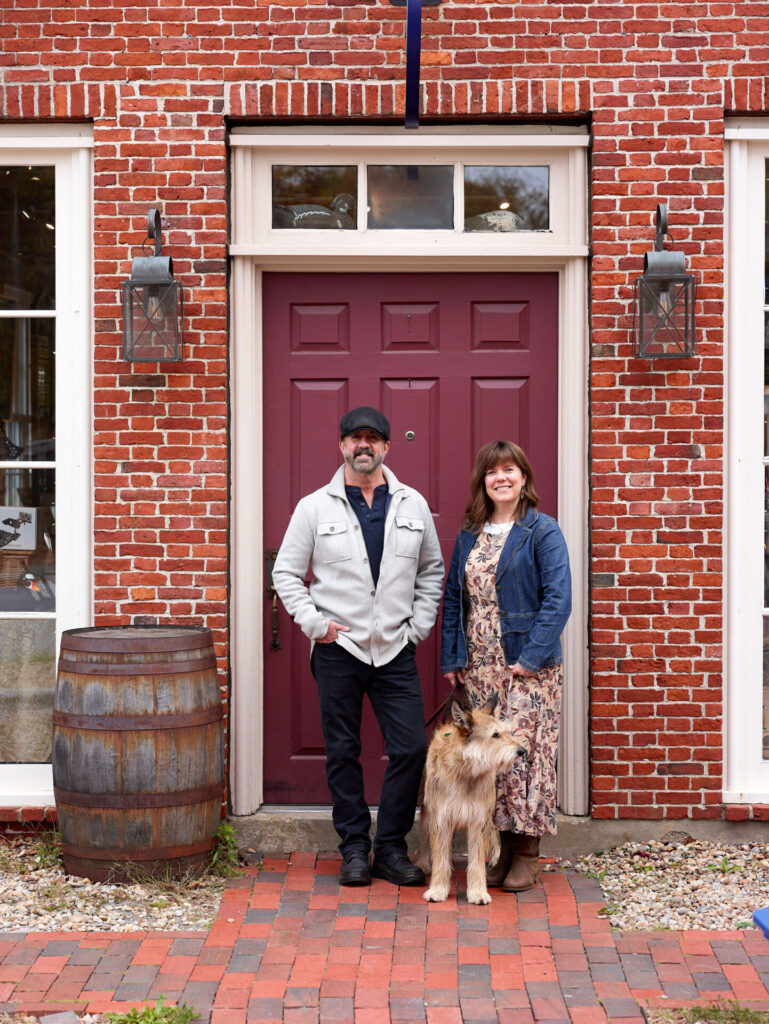
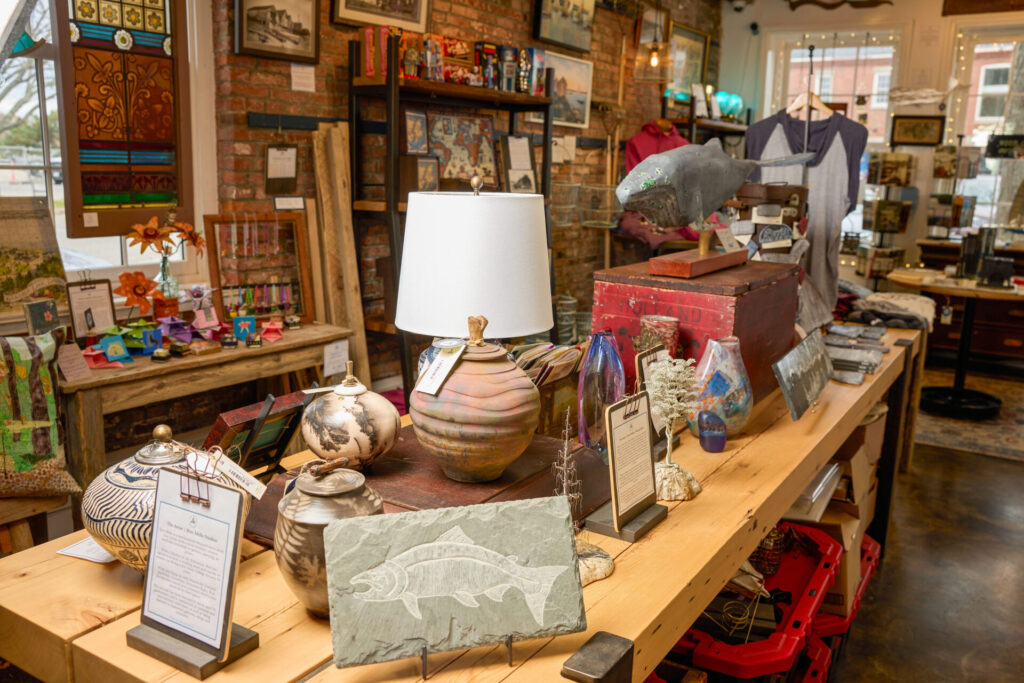



Prince carries that information—and so much more—in his head. In fact, browsing the shelves is “a little bit like crawling inside my brain,” Prince says with a laugh. Take the colorful wooden puzzles that are exclusive to the store. Most are created from illustrated maps drawn by Jack Atherton, a distant relative. Not only that, but Prince’s dad had the artist’s pirate map hanging on his wall as a boy.
“I didn’t set out to sell puzzles,” Prince says. “What I really wanted to do was to tell this story about a pair of brothers, one of whom was an incredible illustrator.” Jack and his brother, LeBaron, founded the LeBaron-Bonney Company on Merrimac Street in the 1930s to publish those illustrated maps, and later built model ships (the branding for them served as inspiration for New England Sketchbook’s unique logo). “Could I have sold rolled-up pieces of paper standing in a bucket? Sure, but I liked the idea of rendering them in a different way that was a little more interactive.”




The resulting whimsical puzzle maps, printed on high-quality wood and packaged in a slide-top wooden box, are a combination art piece and activity. They are lovely, tactile, and utterly desirable. Such magical finds are peppered throughout the store.
There’s a highly selective mix of art pieces crafted from repurposed materials, pieces made by local artists— usually in a historic art style or recalling some part of New England’s culture—and new things that reflect on old stories, like a book about the history of Jordan Marsh department store (where Prince once worked) and a series of tee shirts inspired by the Totem Pole Ballroom at Norumbega Park, a Newton concert spot that closed more than a half-century ago and was considered one of America’s most beautiful swing ballrooms. “I’ve had some old-timers literally get choked up, it was such a special place for them,” Prince says of the Totem Pole display, adding that his parents courted there.
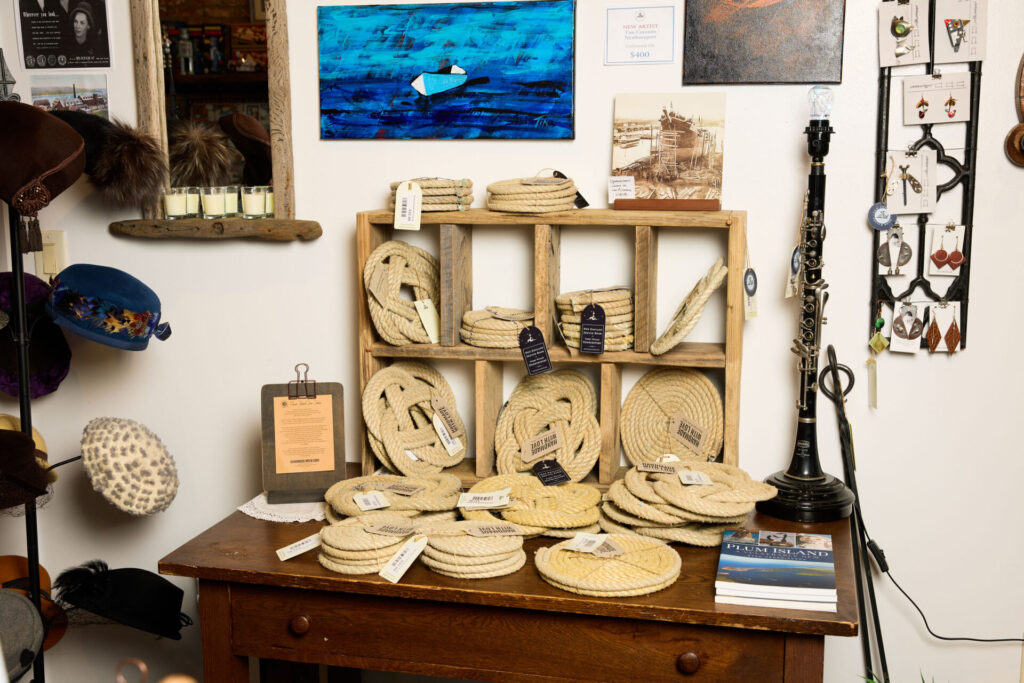



Oftentimes, items in the store will evoke memories for visitors, and they will share their own anecdotes. “We’re getting as many stories back as we’re providing,” Prince says. “So, these are really trigger points, where people begin to go down memory lane.”
The store has a museum-like quality, with interpretive signs next to many of the items that share the history and connection to New England. That’s not accidental. Prince recently started working with an actual museum. He collaborated with the Museum of Old Newbury to reproduce a set of stereographs—cards featuring two nearly identical photographs that are paired side by side to produce a three-dimensional image when viewed through a stereoscope.
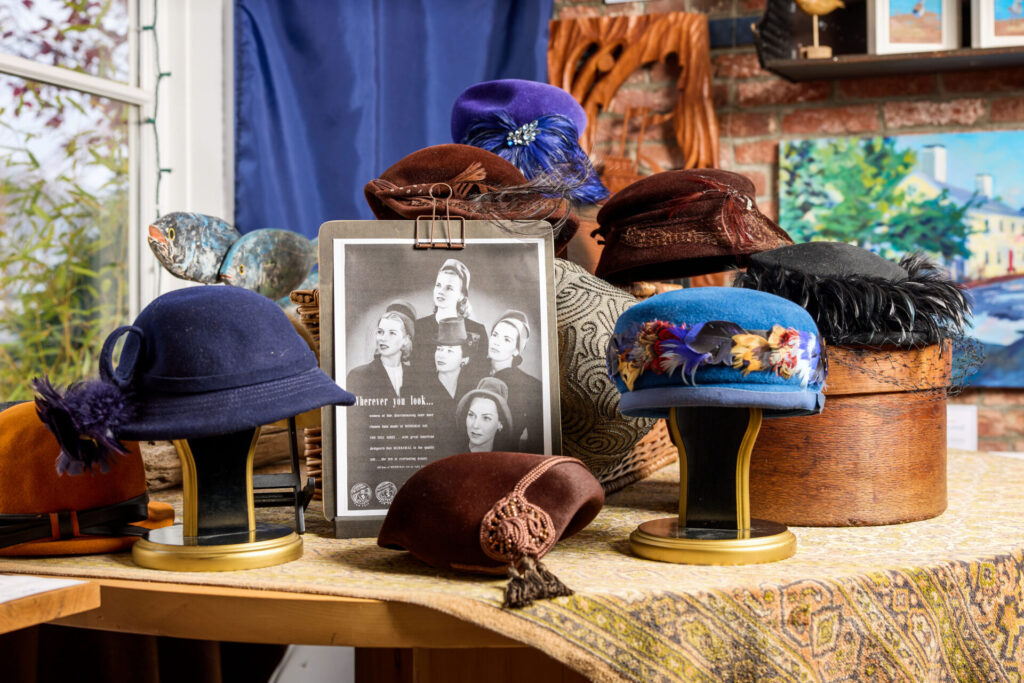



The museum has archival boxes of original stereographs, most popular from the 1870s to the 1920s, in storage. And Prince was allowed to sort through them to find images specific to Newburyport and its environs and reproduce them. He also commissioned a couple in Colorado to handcraft a replica walnut wood stereoscope viewer—an art piece in and of itself—for looking at the images. The package is a delightful gift for the person who has everything. A portion of the proceeds from each sale of the cards goes to support the museum.
Prince hopes his next collaboration will be with the Amesbury Hat Museum. He’s rolling out a collection of vintage hats made by the Merrimac Hat Company, manufacturer of some of the most desirable hats in the world at their Amesbury factory from 1866 to 1971, and would love to work with the museum in some capacity. To amass his dozens of hats, he spent hours scouring the internet, purchasing these wearable works of art, all with minimal wear and exquisite craftsmanship. “This isn’t about making a killing as much as having a really interesting shop experience that tells a great story,” Prince says. “I don’t want to sell useless swag to tourists. I want people to walk away with an experience, and perhaps a quality product or a beautiful piece of art.”
1R Water St., Newburyport, nesketchbook.com
This post was originally published on this site be sure to check out more of their content



